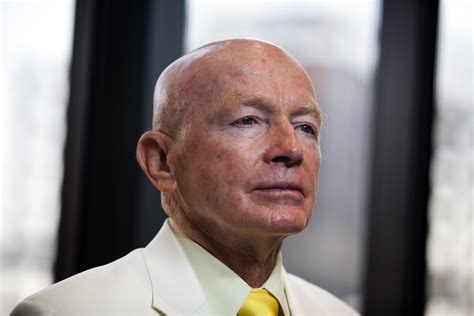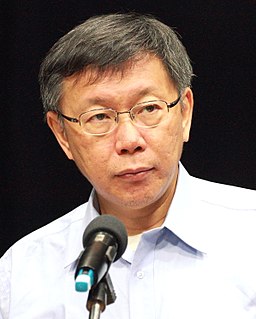A Quote by Henry Paulson
U.S. exports to China have more than quintupled since China entered the WTO and have grown more quickly than imports. In fact, China is America's fastest-growing export market.
Related Quotes
When China got into the WTO, that allowed it to sell into any other country within the WTO - not just the United States - at the lowest tariffs that country offered. And the other countries could sell into China at the lowest tariffs that China offered. The problem, right off the bat, was that China had much higher tariffs than everywhere else, so the U.S. and Europe in particular got the short end of that stick.
At the moment we are hard-wired into the European markets - 50% of our exports go to Europe - and that has not been good for the UK. So I'm not saying "make Britain entirely dependent on China". I'm saying "let's diversify a bit". When I became chancellor, China was our ninth largest trading partner. This is the world's second biggest economy. China was doing more business with Belgium than it was with Britain.
The most successful hyperpowers are the ones where there was actual intermixing. Tang dynasty China was China's golden age, and contrary to what I was told when I was growing up, Tang China was founded by a man who by today's standards was no more than half Chinese. It was a mixed-blood dynasty that pulled in 'barbarians' from the steppe.
You cannot just depend on the market, because the market will say: China needs oil; China needs coal; China needs whatever, and Africa has got all these things in abundance. And we go there and get them, and the more we develop the Chinese economy, the larger the manufacturing is, the more we need global markets - sell it to the Africans which indeed might very well destroy whatever infant industries are trying to develop on the continent. That is what the market would do.
I am against portraying China as the demon of the global community. China has grasped more quickly than other countries what globalization means and what it demands. The country has learned how to use other people's innovations for itself. India, incidentally, is not far behind China in this respect. Both are not nations in the European sense, but rather cultural communities with enormous markets. The challenge of the future is to work out how to deal with that.
Well, I think we are seeing some shifts in manufacturing. China, when you go in and you talk to the big manufacturers there, the biggest problems in mainland China are recruiting and retention. There isn't an endless supply of cheap labor anymore in China. And it's now true that the labor rates in Mexico are lower than in China.




































